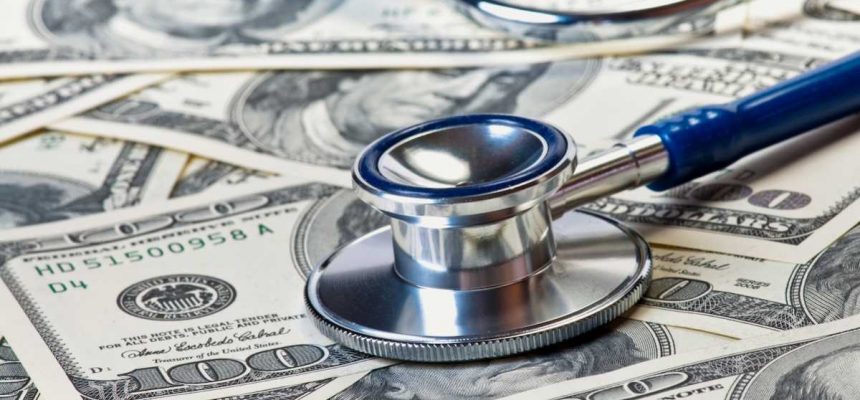Medical Debt and Its Devastating Impact on American Families
By Consumers for Quality Care, on August 17, 2022

Compared to the U.S. government’s efforts to forgive student debt, which impacts 42 million Americans, little public attention has been paid to the health care debt crisis. According to Kaiser Health Network, this crisis impacts 100 million people, or 41 percent of all adults in the country.
Unlike college tuition, expenses for medical treatments are generally not something consumers can plan for in advance, and medical treatment generally has no predictable price up front. Large medical bills can even be greater than the cost of a family home.
Even smaller medical bills can ruin credit ratings and force consumers to cash in retirement accounts or take on second jobs. Surveys show that half of U.S. adults say they don’t have enough cash to pay for an unexpected $500 medical bill.
A Kaiser Family Foundation poll found that 1 in 7 people with health care debt said they had been denied care by a provider because of unpaid medical bills. For those consumers who have unpaid medical bills, medical debt collection in the U.S. has typically been outsourced to aggressive private agents and the for-profit predatory medical debt collection industry.
Roughly 18 percent of Americans with health care debt say they expect to never be able to pay off their debt.
All consumers deserve access to affordable, high-quality health insurance and protection from crushing medical debt. CQC urges the administration and lawmakers to tackle the medical debt crisis, which impacts the physical, emotional, and financial well-being of millions of Americans.




